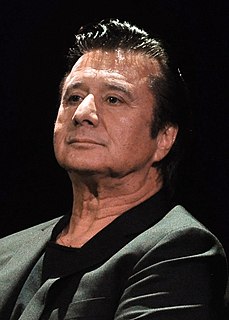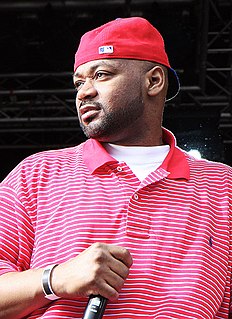A Quote by Charlotte Bronte
It is not violence that best overcomes hate -- nor vengeance that most certainly heals injury.
Related Quotes
The ultimate weakness of violence is that it is a descending spiral, begetting the very thing it seeks to destroy. Instead of diminishing evil, it multiplies it. Through violence you may murder the liar, but you cannot murder the lie, nor establish the truth. Through violence you may murder the hater, but you do not murder hate. In fact, violence merely increases hate... Darkness cannot drive out darkness: only light can do that. Hate cannot drive out hate: only love can do that.
Violence never really deals with the basic evil of the situation. Violence may murder the murderer, but it doesn’t murder murder. Violence may murder the liar, but it doesn’t murder lie; it doesn’t establish truth. Violence may even murder the dishonest man, but it doesn’t murder dishonesty. Violence may go to the point of murdering the hater, but it doesn’t murder hate. It may increase hate. It is always a descending spiral leading nowhere. This is the ultimate weakness of violence: It multiplies evil and violence in the universe. It doesn’t solve any problems.
The use of violence in our struggle would be both impractical and immoral. To meet hate with retaliatory hate would do nothing but intensify the existence of evil in the universe. Hate begets hate; violence begets violence; toughness begets a greater toughness. We must meet the forces of hate with the power of love; we must meet physical force with soul force. Our aim must never be to defeat or humiliate the white man, but to win his friendship and understanding.
I think we can see violence in a whole range of realms. We certainly see it in the media, where extreme violence is now so pervasive that people barely blink when they see it, and certainly raise very few questions about what it means pedagogically and politically. Violence is the DNA, the nervous system of this system's body politic.
Time is the most subtle yet the most insatiable of depredators, and by appearing to take nothing is permitted to take all; nor can it be satisfied until it has stolen the world from us, and us from the world. It constantly flies, yet overcomes all things by flight; and although it is the present ally, it will be the future conqueror of death.



































